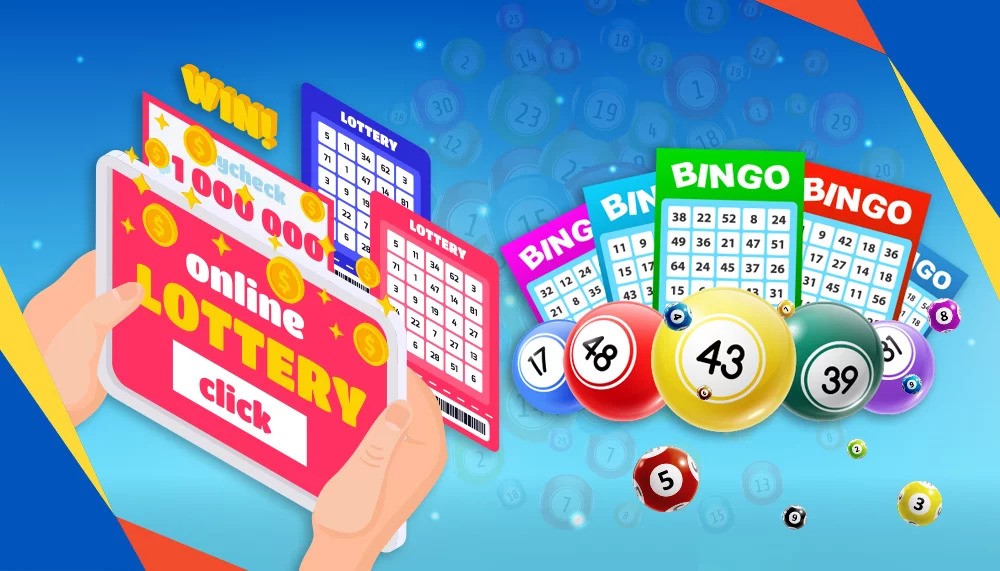The lottery has been a popular form of entertainment and gambling for centuries, captivating millions with the allure of a life-changing jackpot. With the rise of the internet, traditional lottery systems have undergone a significant transformation, leading to the emergence of online togel sydney lotto platforms. This article explores the evolution of online lottery, its advantages, and the implications for players and the industry.
A Brief History of Lottery
Lotteries date back to ancient civilizations, with evidence of their existence in China as early as 205 BC. In the modern era, national and state lotteries gained popularity in the 20th century, often used to fund public projects and charitable causes. However, despite their long-standing presence, accessibility was limited to those who could physically purchase tickets from authorized retailers.
The Emergence of Online Lottery
The late 1990s marked the beginning of online lottery systems, driven by the internet’s rapid expansion. The first official online lottery was launched in the U.S. in 1994, with several states quickly following suit. As technology advanced, various online platforms emerged, offering players the opportunity to participate in lotteries from around the world.
Today, many countries have embraced online lottery systems, allowing players to purchase tickets and enter draws through user-friendly websites and mobile applications. This shift has made the lottery more accessible, attracting a younger, tech-savvy demographic.
Advantages of Online Lottery
- Convenience: One of the most significant benefits of online lottery is the convenience it offers. Players can purchase tickets from the comfort of their homes or on the go using their smartphones. This eliminates the need to visit physical retailers and saves time.
- Access to International Lotteries: Online platforms allow players to access lotteries from different countries, expanding their options and increasing their chances of winning. Players can participate in major international draws like the Powerball or EuroMillions, which often feature larger jackpots than local lotteries.
- User-Friendly Experience: Online lottery websites and apps are designed to provide a seamless experience. Players can easily navigate through various games, check results, and manage their accounts. Many platforms also offer features like automatic ticket purchasing and subscription services, ensuring players never miss a draw.
- Enhanced Security: Reputable online lottery platforms employ advanced security measures to protect players’ information and transactions. This includes encryption technology and secure payment options, offering peace of mind for users.
- Promotions and Bonuses: Many online lottery sites offer promotions, discounts, and bonuses to attract new players and retain existing ones. These incentives can enhance the gaming experience and increase the chances of winning.
Challenges and Concerns
Despite its advantages, the rise of online lottery has raised several concerns:
- Regulation and Legitimacy: The online lottery industry is vast, with numerous platforms operating worldwide. Ensuring that these platforms are legitimate and regulated is crucial to protect players from scams. Many countries have strict regulations, but players should always research the platform before participating.
- Gambling Addiction: As with any form of gambling, the ease of access to online lottery can lead to problematic behavior for some individuals. It’s essential for players to set limits and gamble responsibly.
- Age Verification: Online platforms must implement effective age verification measures to prevent underage gambling. This remains a challenge in many regions, as minors can easily access online services.
- Economic Disparities: While online lottery has increased accessibility, it may also exacerbate economic disparities. Individuals with limited access to technology or the internet may miss out on opportunities to participate, raising questions about equity in the gaming landscape.
The Future of Online Lottery
The future of online lottery appears promising, with advancements in technology continuing to shape the industry. Blockchain technology, for instance, could enhance transparency and security in lottery transactions. Additionally, as artificial intelligence and data analytics evolve, online platforms may provide personalized experiences, catering to individual preferences and behaviors.
The ongoing globalization of the lottery industry is likely to further enhance the appeal of online platforms. As more countries embrace digital lottery solutions, players can expect an even wider array of games and increased prize pools.
